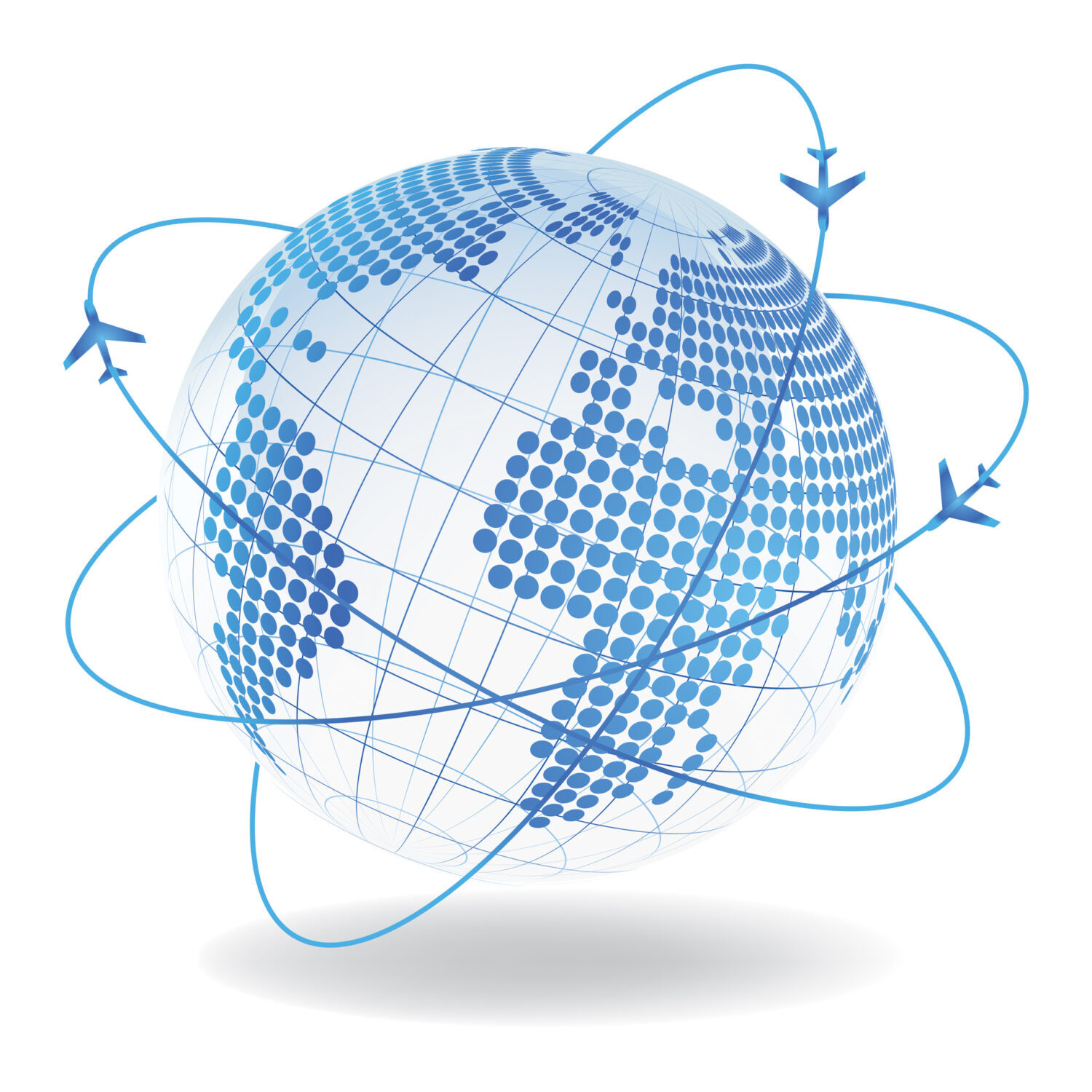At ICAO we are funded and directed by 193 Member States to carry out work that supports their diplomacy and cooperation in air transport. Our secretariat convenes panels, task forces, conferences and events that help us to explore technical, political, and socio-economic priorities that are identified by our stakeholders. As part of these efforts, we provide technical assistance to our Member States across the full spectrum of civil aviation safety, security, environmental protection and sustainable development. This mandate is embedded in our Mission Statement and is incorporated in the foundational documents and programmes of the Organization.
 Because we can’t carry out this work without having the financial resources to support technical assistance activities, in 2010, the ICAO Council established the Safety Fund (SAFE). SAFE serves as a mechanism for collecting and allocating voluntary contributions from States and other donors to support ICAO safety programmes in a responsible, consistent, transparent, efficient and timely manner.
Because we can’t carry out this work without having the financial resources to support technical assistance activities, in 2010, the ICAO Council established the Safety Fund (SAFE). SAFE serves as a mechanism for collecting and allocating voluntary contributions from States and other donors to support ICAO safety programmes in a responsible, consistent, transparent, efficient and timely manner.
The purpose of SAFE is to improve the safety of civil aviation by addressing serious safety deficiencies in countries that lack the financial means to do so. It also provides ICAO with the management reserve required to act immediately and effectively on urgent safety issues and in response to unforeseen events.
According to the Terms of Reference for SAFE, the fund was established to improve the safety of civil aviation by:
- supporting safety projects, including assistance to States, which are consistent with the ICAO’s safety Strategic Objectives that cannot be fully funded through the Regular Programme Budget; and
- providing contingency funding to allow ICAO to act immediately and effectively on urgent safety issues and in response to unforeseen events.
Projects that are funded under SAFE are prioritized to States and Regional Safety Oversight Organizations (RSOOs) based on information that is available through existing mechanisms. These mechanisms include ICAO’s Universal Safety Oversight Audit Programme (USOAP) continuous monitoring approach (CMA), ICAO’s Global Aviation Safety Plan (GASP), ICAO Regional Offices, etc., with special attention for the assistance given to Least Developed Countries (LDCs).
SAFE-funded assistance projects focus on strengthening civil aviation authorities to achieve the following:
- Enhancement of aviation safety and air navigation capacity;
- Compliance with ICAO Standards and Recommended Practices (SARPs); and
- Resolution of Significant Safety Concerns (SSCs) and other safety and air navigation deficiencies.
 In order to promote the transparency of the SAFE management, ICAO maintains a public website, where further information, including how to contribute is available. Additionally, an annual report is presented to the Council that outlines the activities, results, achievements and challenges of projects funded by SAFE.
In order to promote the transparency of the SAFE management, ICAO maintains a public website, where further information, including how to contribute is available. Additionally, an annual report is presented to the Council that outlines the activities, results, achievements and challenges of projects funded by SAFE.
SAFE is fully supported by voluntary contributions made by States, international and regional organizations, as well as from other stakeholders in international civil aviation, including airports, air navigation service providers, airlines, manufacturers of airframes, engines, avionics and other aircraft components, other members of the aerospace industry, and civil society. These voluntary contributions are critical to enabling ICAO to provide necessary assistance and support to Member States.
There are two types of contributions under the SAFE:
- un-earmarked contributions for safety-related projects that will be identified by ICAO; and
- earmarked contributions that are intended for a specific new or existing safety-related project.
As of July 2022, a total of CAD11,523,121 in voluntary contributions have been received from various donor States, International Organizations, and industry. Thanks to the contributions of these donors and partners, a total of forty-two safety-related projects and programmes have been implemented across all ICAO regions. Continued support from States, International Organizations and Industry to the SAFE is critical to the continued provision of needed assistance to ICAO Member States and to support No Country Left Behind.
For more information on SAFE:
- List of Donors
- More details about SAFE
- Assembly Resolution A37-16
- Terms of Reference
- List of Projects Funded by SAFE
- Project Performance Measurement
- SAFE Technical Assistance Project Proposal Template
- Voluntary Contribution Form
- SAFE Promotional Flyer
About the author
Mr. Soo-ho Jun serves as the SAFE Programme Manager and Technical Officer in the Programmes Coordination and Implementation Section in ICAO’s Air Navigation Bureau.

